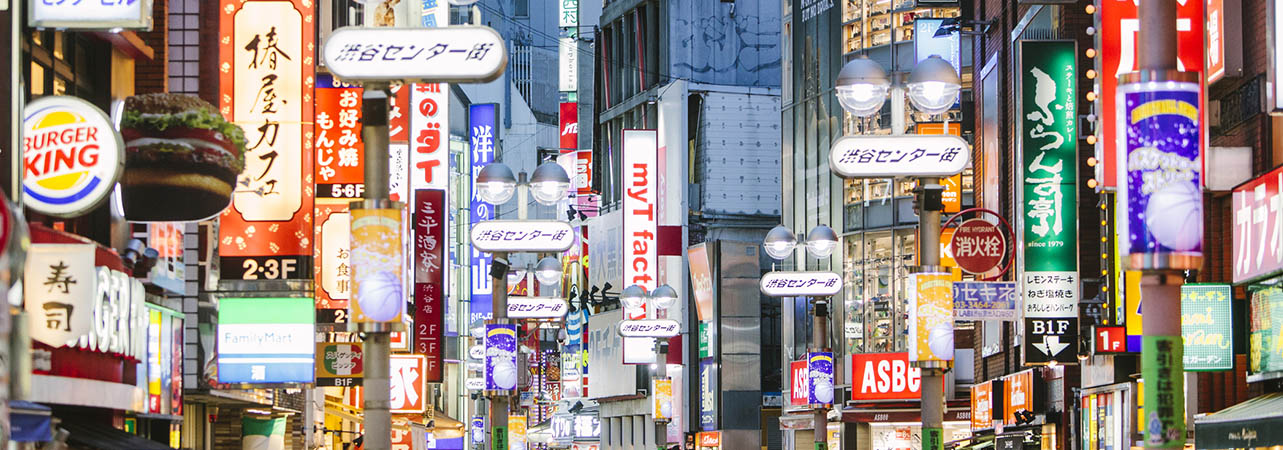Share prices in Japan delivered a muted performance during May as investors digested lacklustre economic data alongside concerns over the prospects for the approaching Tokyo Olympic Games.
- Japan’s economy shrank by 5.1% YoY in Q1 …
- … but exports surged by 38% in April
- South Korean policymakers upgraded GDP forecasts
To view the series of market updates through May, click here
Share prices in Japan delivered a muted performance during May as investors digested lacklustre economic data alongside concerns over the prospects for the approaching Tokyo Olympic Games. Japan’s authorities imposed a state of emergency in nine prefectures across the country, including Tokyo and Osaka. Over May, the Nikkei 225 Index crept 0.2% higher, the broader-based Topix Index rose by 1.3%, and the TSE Second Section Index edged up 0.1%.
“Low vaccination rates and rising waves of infection are undermining economic recovery”
Japan’s economy shrank at an annualised rate of 5.1% during the first three months of the year, stoking concerns that the country could be moving towards a double-dip recession. The contraction was fuelled by a 1.4% decline in private consumption as coronavirus shutdowns took their toll on activity. Having risen by 11.7% in the final three months of 2020, exports rose by only 2.3% during the first quarter of 2021.
In contrast, Japanese exports surged in Japan during April, rising at an annualised rate of 38%. Shipments to China climbed by almost 34%, while exports to India rose by 183% over the period. Meanwhile, exports to the USA and the EU increased by 45% and 39.5% respectively. Although the figures were flattered by last year’s Covid-related drop in trade, demand for cars, car parts, and electronic components was strong. Imports rose by 12.8% over the period.
During May, South Korea’s central bank upgraded its economic growth forecast to 4% in 2021 and 3% in 2022, encouraged by an increase in export activity and facilities investment. Inflation is expected to reach 1.8% this year and 1.4% next year, compared with the Bank of Korea’s (BoK’s) target of 2%. Central bank policymakers maintained the BoK’s key interest rate at its record low of 0.5%, citing a buoyant export market, improvements in domestic consumption, the strengthening global economic recovery, and widespread government stimulus measures. The Kospi Index rose by 1.8% over the month.
Low vaccination rates and rising waves of infection are undermining economic recovery in many countries in the region, according to IHS Markit. Alongside Japan, several countries in the region – including Malaysia, Thailand, Vietnam, Singapore, and the Philippines – are experiencing Covid-related lockdowns that are hampering activity. Looking ahead, IHS Markit warns that the near-term recovery of many Asian economies is likely to diverge significantly from that of the US and Western European countries, which are already opening up.
A version of this and other market briefings are available to use in our newsletter builder feature. Click here




